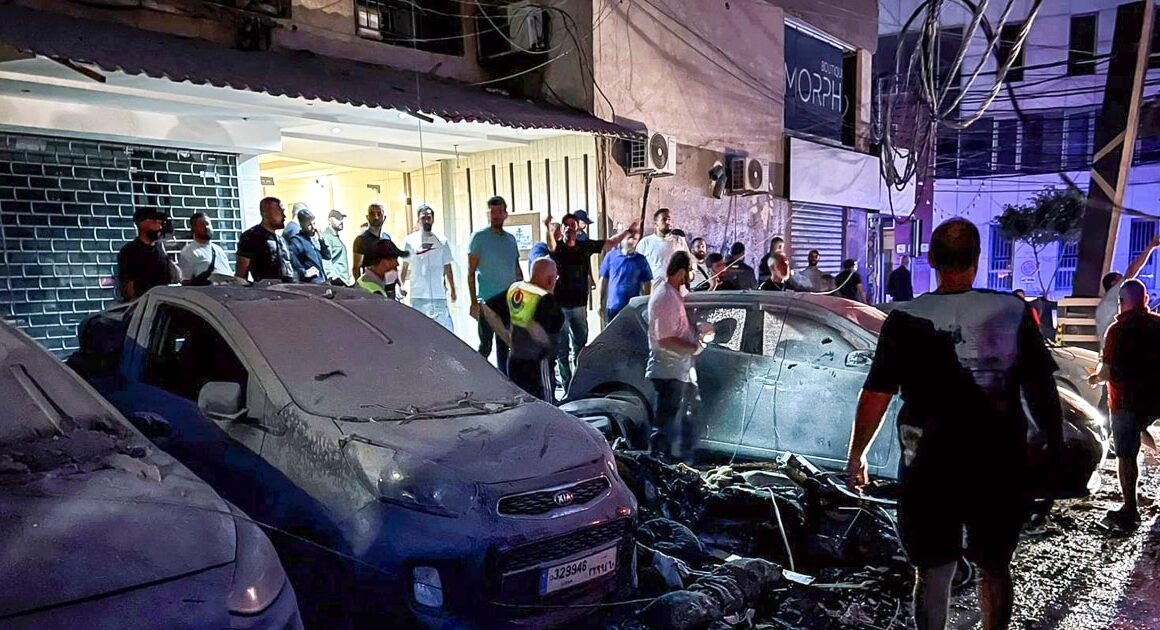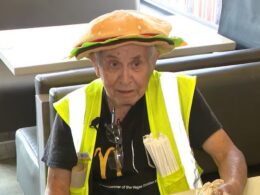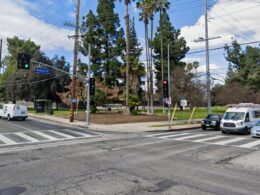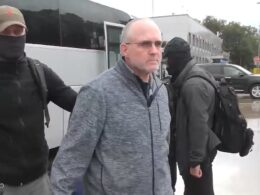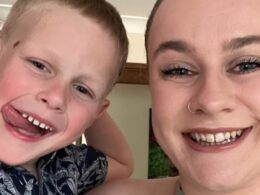Israel’s military says it has killed a Hezbollah official who it blamed for a deadly attack last week on the Israeli-controlled Golan Heights that killed 12 young people.
The Israel Defense Forces said it killed Fuad Shukr on Tuesday in an airstrike in the area of Beirut in Lebanon.
The IDF said that Shukr “was the commander responsible for the murder of the 12 children in Majdal Shams in northern Israel on Saturday evening, as well as the killing of numerous Israelis and foreign nationals over the years.”
Israel was targeting Shukr, better known by his nickname, Hajj Mohsen, in the strike in a suburb of southern Beirut, an Israeli official told NBC News. Mohsen is a senior adviser to Hezbollah’s supreme leader, Hassan Nasrallah, and a member of the group’s military council, according to a U.S. gove r nment pr ofile.
Shukr “has the blood of many Israelis on his hands. Tonight, we have shown that the blood of our people has a price, and that there is no place out of reach for our forces to this end,” Israeli Defence Minister Yoav Gallant said.
Hezbollah has denied responsibility for the rocket attack Saturday, which struck a soccer field in the Golan Heights.
Militants in Lebanon and Israel have been trading fire since Hamas’ Oct. 7 terrorist attack on Israel and the start of the war in Gaza, raising fears that the fighting will spiral into a regional conflict.
Al Manar, a satellite television station run by Hezbollah, reported that Israel had “launched an aerial aggression that targeted the southern suburb of Beirut.”
“Local sources reported that the raid in the Haret Hreik area was carried out by a drone and 3 missiles were fired,” the report added.
The television station also said a building Israel targeted in the Haret Hreik area, a Hezbollah stronghold, had collapsed.
Al Manar reported that two people were killed and at least 10 were wounded in the strike. Personnel from the emergency room at Bahman Hospital in Beirut told NBC News that a woman was killed and 17 other people were wounded, including six children and two who were in critical condition. In a statement, the Lebanese Red Cross said more than one person had been killed and over 20 had been injured.
The Lebanese Health Ministry said a woman was killed and up to 68 other people were injured, five of them critically.
Photographs from the area also showed cars crushed and covered with rubble.
Saturday’s strike on Majdal Shams killed at least 12 people, most of them children and teenagers belonging to the minority Druze community.
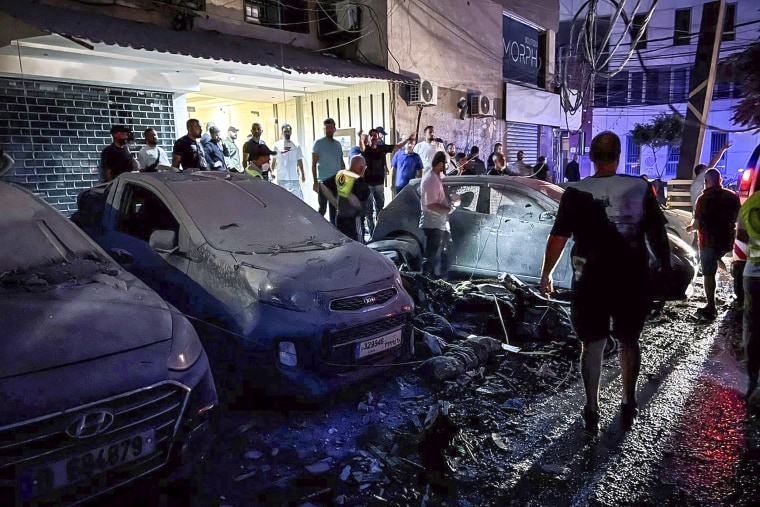
Hezbollah has denied responsibility for the attack. In a series of statements Saturday, it did say it had struck nearby military targets in the Golan Heights.
In one statement, it claimed to have used a Falaq-1 rocket, the same munition Israel says hit the soccer field. However, the timings in the Hezbollah statements do not neatly align with the strike. Hezbollah said the Falaq-1 rocket was fired at 5:20 p.m., while the IDF says Majdal Shams was hit at 6:18 p.m.
The Israeli military said the attack on Majdal Shams, which is on the border with Lebanon, was the deadliest strike on civilians in Israeli territory since Oct. 7. Prime Minister Benjamin Netanyahu rushed back to Tel Aviv from the U.S. as outrage built in Israel.
“Israel is approaching the moment of an all-out war against Hezbollah,” the Israeli military said at the time. “The IDF is prepared and ready to protect Israel’s security.”
In January, an Israeli airstrike on Beirut killed Saleh Arouri, a top Hamas official. It was the first time Israel had hit Beirut since the 34-day war between Israel and Hezbollah in 2006.
Asked for comment Tuesday’s strike, a White House National Security Council spokesperson told NBC News that the agency defers to Israel “to speak to its own military operations” but supports its right to defend itself.
“Our commitment to Israel’s security is ironclad and unwavering against all Iran-backed threats, including Hezbollah, and we are working on a diplomatic solution that will allow citizens to safely return to their homes,” the spokesperson said.
Israel’s military said that Shukr joined Hezbollah in 1985 and that he was the head of Hezbollah’s Strategic Unit and had responsibility for weaponry that included missiles, rockets and drones.
,




